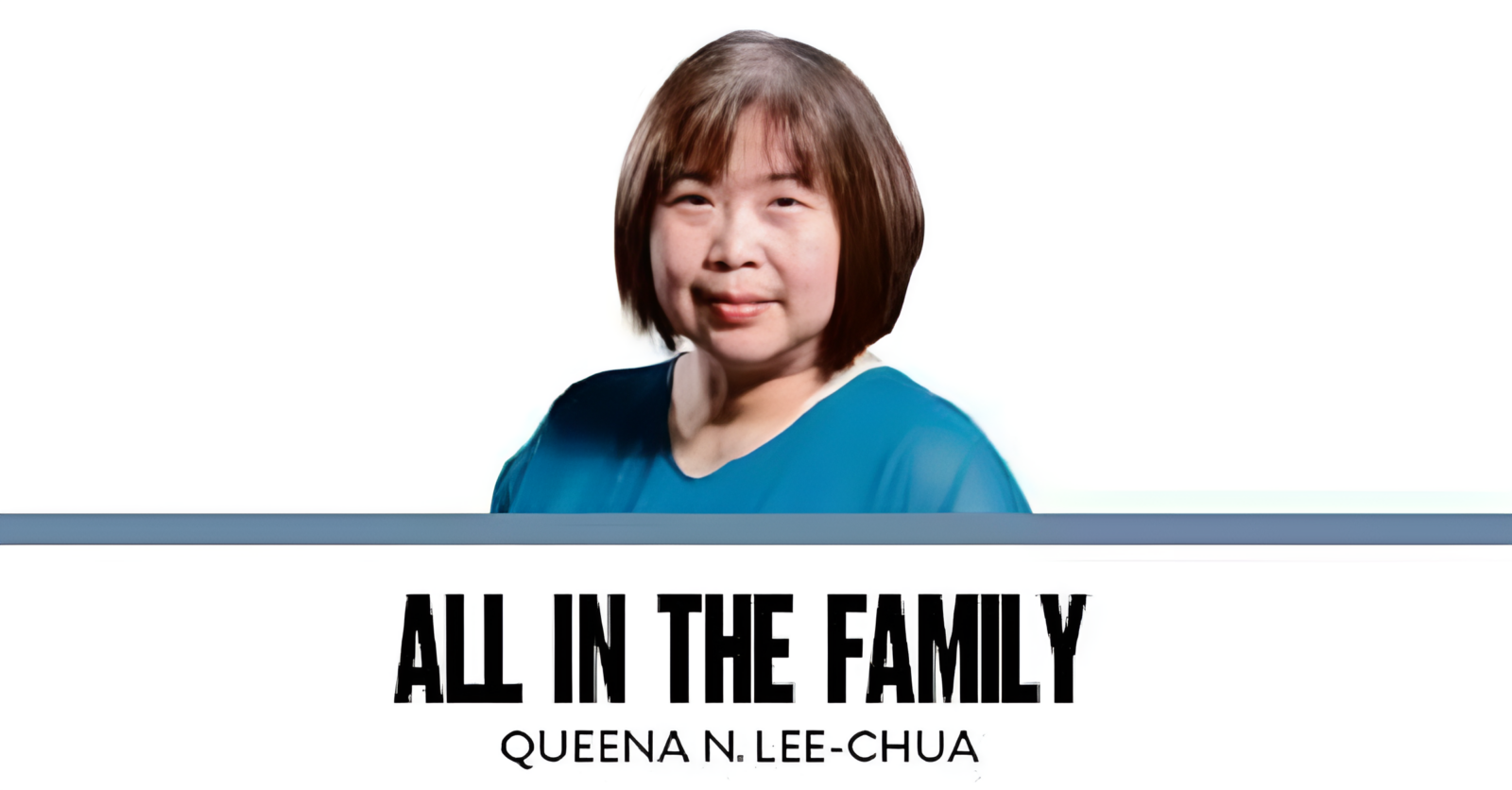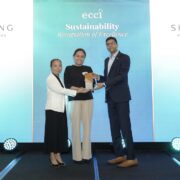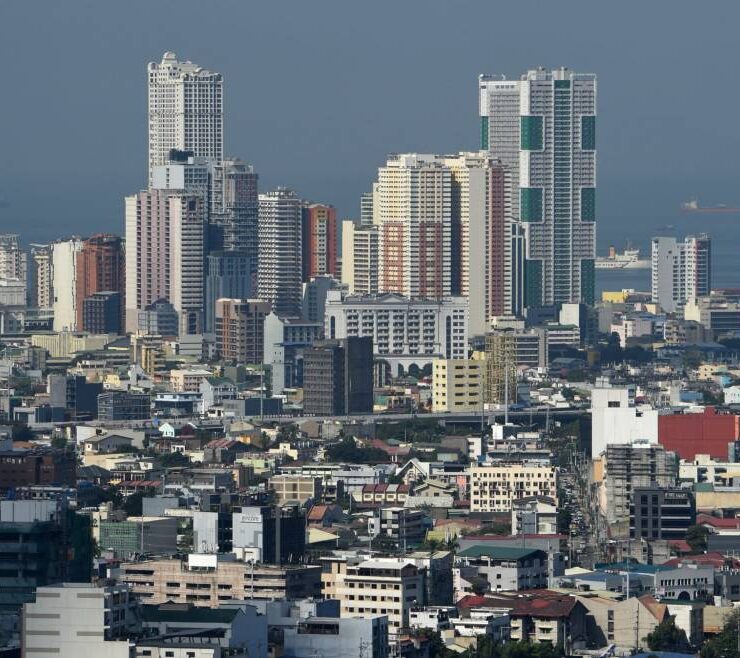Papa Francis, economist

On Father’s Day, I could not help but think of the late Pope Francis, father to all.
Much has been said about his mercy and inclusivity, but even though he majored in chemistry, he was also shrewd in finance and economics.
The Vatican Bank was a mess before he came in as Pontiff. Instead of shrouding shady dealings, he hired financial lay experts to reform processes, exhorting them to “let the Vatican make money for the poor.”
For the first time, the Vatican Bank began publishing annual reports, created an independent supervisory board, complied with global financial standards, shuttered suspicious accounts.
In the London investment scandal, where the Vatican lost a lot of money, Pope Francis ensured justice was served, even if a high-ranked cardinal and other perpetrators went to jail.
Espousing an economics based on love, he told young economists in 2023, “You won’t change [the economy] just by becoming ministers, Nobel laureates, or great economists. You will change it above all by loving it, in the light of God.”
Invoking his namesake, the Pope added, “St. Francis was the son of a merchant. He knew both the strengths and weaknesses of that world.” But because of his concern for the poor and for creation, the saint gave “a new impulse to the development of the economy.”
Francis also referenced the Italian economist Giuseppe Toniolo, who criticized both socialism and capitalism in favor of an economics for the common good, as an “integral part of the operative design of God.” Toniolo was beatified in 2012.
In 2024, Pope Francis told business and academe that to apply the social teachings of the Church to the world, it is “necessary not just to admonish but to understand the workings of finance, identify weaknesses and propose concrete corrective measures.”
As an example, when the wool trade in Spain burgeoned in the 16th century, theologians fought for the welfare of sheep breeders and wool producers. “The Spanish theologians were able to intervene, because they knew that process, and therefore they did not just say: ‘we must seek the common good.’ They explained what was wrong and called for specific action.”
To those who were in business, the Pope had this to say: “You understand financial processes, and that is your great advantage, but also a significant responsibility … Find ways to reduce injustice … Money must serve, not rule.”
“In a world where economics is dominated by models, markets and metrics, Francis insisted on a different standard: a moral one,” said economist Antara Haldar in Project Syndicate, adding:
“Unlike many critics of capitalism, however, Francis did not call for its outright rejection. He adopted a more pragmatic approach, urging economic thinkers to ask deeper, more fundamental questions: What sort of markets do we want? Who should govern them, and to what end? His was a call to rethink not just our economic policies, but also the priorities that shape them.
“Neoclassical economics treats individuals as isolated utility maximizers, markets as largely self-correcting, and growth as an unalloyed good. Poverty, inequality and environmental damage are seen, if at all, as technical problems at the margins of an otherwise efficient system. Francis recognized a more profound threat: economics had ceased to be a tool for advancing human prosperity and had become an ideology that corrodes solidarity and encourages indifference. In theological terms, what he diagnosed was not mere inefficiency or imbalance but sin: structural sin, embedded in the systems we take for granted.”
Even if his vision is far from today’s reality, Pope Francis brought economics back to its humanist roots. “While he did not propose marginal tax rates or carbon-pricing mechanisms, he was returning economics to its foundations in moral philosophy and placing himself within a humanist tradition deeply rooted in the history of economic thought” seen in the works of Nobelists Joseph Stiglitz and Amartya Sen and contemporary thinkers like Dani Rodrik and Thomas Piketty.
Like a good father, Pope Francis always championed the welfare of the vulnerable.
Queena N. Lee-Chua is with the board of directors of Ateneo’s Family Business Center. Get her book “All in the Family Business” at Lazada or Shopee, or the ebook at Amazon, Google Play, Apple iBooks. Contact the author at blessbook.chua@gmail.com.





















Talent, transition and continuity: 2026 hiring and succession in PH economy